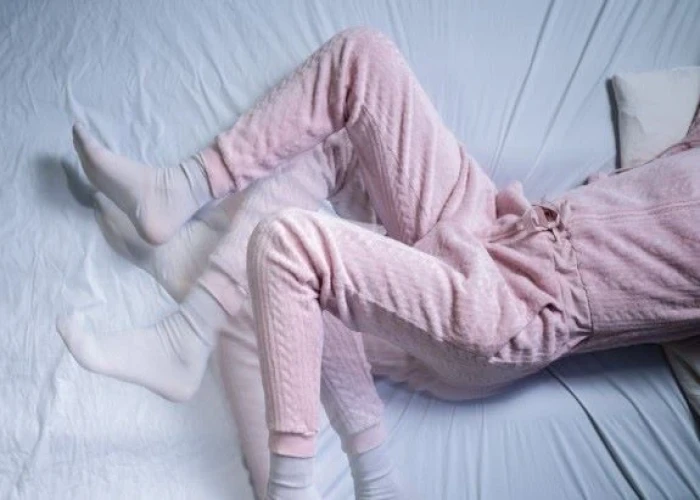 Welcome
Welcome
“May all be happy, may all be healed, may all be at peace and may no one ever suffer."
Restless legs syndrome

Restless legs syndrome (RLS) is a neurological disorder that causes an irresistible urge to move the legs or other body parts, usually accompanied by uncomfortable sensations, such as creeping, crawling, tingling, or burning. These symptoms typically worsen during periods of inactivity or at night, making it difficult to sleep and causing significant disruption to daily life.
The cause of RLS is not fully understood, but it is believed to involve an imbalance in the brain chemical dopamine, which is involved in movement control. RLS can be a primary disorder, meaning it occurs on its own, or it can be secondary to other medical conditions, such as iron deficiency anemia, kidney failure, or peripheral neuropathy.
Diagnosis of RLS is based on the presence of the characteristic symptoms, along with the absence of other medical conditions that could be causing the symptoms. In some cases, blood tests or other diagnostic tests may be needed to rule out other conditions.
Treatment for RLS can involve both nonpharmacological and pharmacological approaches. Nonpharmacological treatments may include lifestyle changes, such as avoiding caffeine and alcohol, regular exercise, and improving sleep hygiene. Pharmacological treatments may include medications that increase dopamine levels in the brain, such as dopaminergic drugs, or medications that affect other brain chemicals, such as gabapentin or benzodiazepines.
It is important to see a healthcare professional if you have symptoms of RLS, as effective treatments are available that can help improve your quality of life and reduce symptoms.
Research Papers
Disease Signs and Symptoms
- Keep moving legs
Disease Causes
Restless legs syndrome
Often, there's no known cause for RLS. Researchers suspect the condition may be caused by an imbalance of the brain chemical dopamine, which sends messages to control muscle movement.
Heredity
Sometimes RLS runs in families, especially if the condition starts before age 40. Researchers have identified sites on the chromosomes where genes for RLS may be present.
Pregnancy
Pregnancy or hormonal changes may temporarily worsen RLS signs and symptoms. Some women get RLS for the first time during pregnancy, especially during their last trimester. However, symptoms usually disappear after delivery.
Disease Prevents
Disease Treatments
Sometimes, treating an underlying condition, such as iron deficiency, greatly relieves symptoms of RLS. Correcting an iron deficiency may involve receiving iron supplementation orally or intravenously. However, take iron supplements only with medical supervision and after your provider has checked your blood-iron level.
If you have RLS without an associated condition, treatment focuses on lifestyle changes. If those aren't effective, your provider might prescribe medications.
Medications
Several prescription medications, most of which were developed to treat other diseases, are available to reduce the restlessness in the legs. These include:
- Medications that increase dopamine in the brain. These medications affect levels of the chemical messenger dopamine in the brain. Rotigotine (Neupro) and pramipexole (Mirapex) are approved by the Food and Drug Administration for the treatment of moderate to severe RLS.
- Short-term side effects of these medications are usually mild and include nausea, lightheadedness and fatigue. However, they can also cause impulse control disorders, such as compulsive gambling, and daytime sleepiness.
- Drugs affecting calcium channels. Certain medications, such as gabapentin (Neurontin, Gralise), gabapentin enacarbil (Horizant) and pregabalin (Lyrica), work for some people with RLS.
- Muscle relaxants and sleep medications. These drugs help you sleep better at night, but they don't eliminate the leg sensations, and they may cause daytime drowsiness. These medications are generally only used if no other treatment provides relief.
- Opioids. Narcotic medications are used mainly to relieve severe symptoms, but they may be addicting if used in high doses. Some examples include tramadol (Ultram, ConZip), codeine, oxycodone (Oxycontin, Roxicodone, others) and hydrocodone (Hysingla ER).
It may take several trials for you and your provider to find the right medication or combination of medications that work best for you.
Caution about medications
Sometimes dopamine medications that have worked for a while to relieve your RLS become ineffective, or you notice your symptoms returning earlier in the day or involving your arms. This is called augmentation. Your provider may substitute another medication to combat the problem.
Most drugs prescribed to treat RLS aren't recommended during pregnancy. Instead, your provider may recommend self-care techniques to relieve symptoms. However, if the sensations are particularly bothersome during your last trimester, your provider may approve the use of certain drugs.
Some medications may worsen symptoms of RLS. These include some antidepressants, some antipsychotic medications, some anti-nausea drugs, and some cold and allergy medications. Your provider may recommend that you avoid these drugs, if possible. However, if you need to take these medications, talk to your provider about adding drugs to help manage your RLS.
Disease Diagnoses
Disease Allopathic Generics
Disease Ayurvedic Generics
Disease Homeopathic Generics
Disease yoga
Restless legs syndrome and Learn More about Diseases

Dysarthria
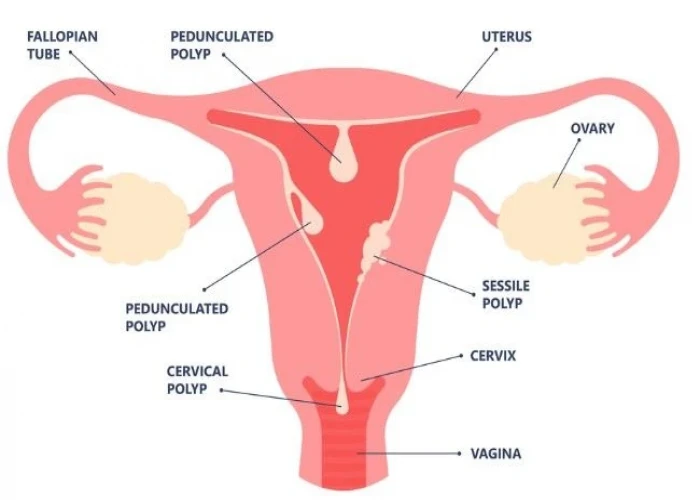
Menorrhagia (Heavy menstrual bleeding)
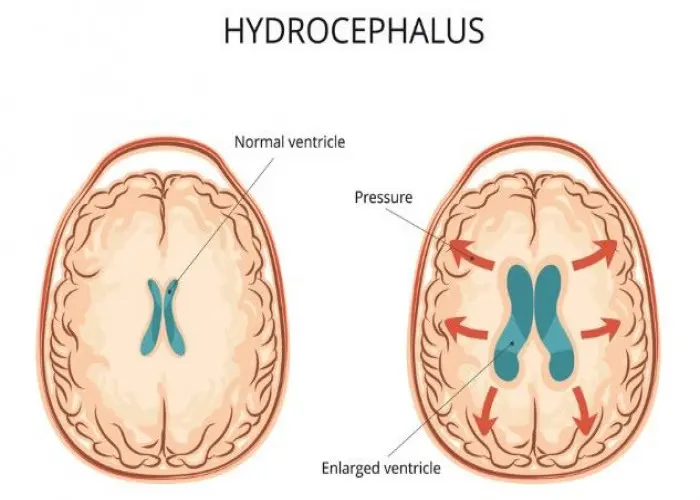
Hydrocephalus
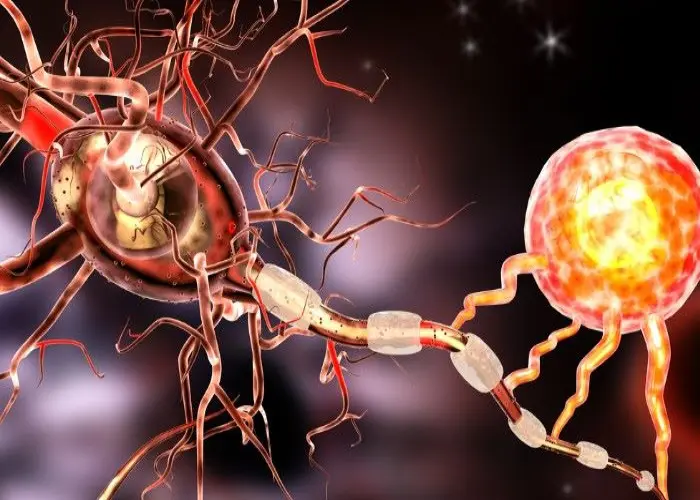
Peripheral nerve tumors

Hurthle cell cancer
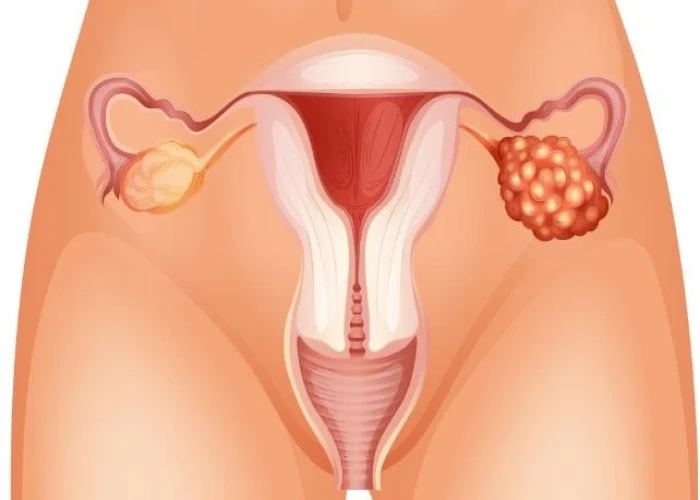
Ovarian cancer

Conjoined twins
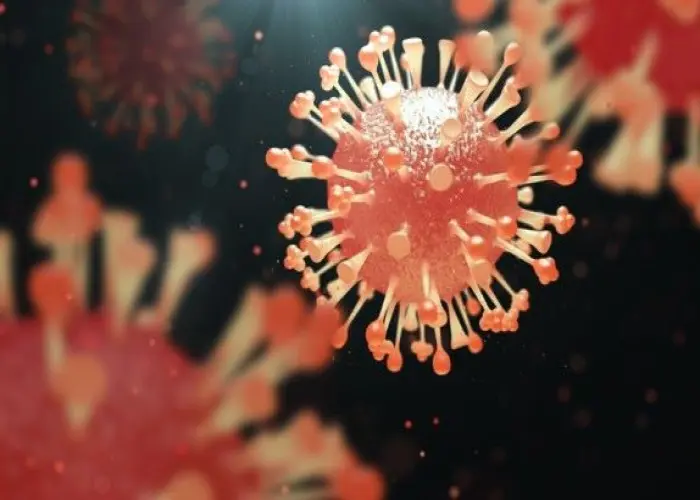
Influenza (flu)
restless legs syndrome, রেস্টলেস লেগস সিনড্রোম
To be happy, beautiful, healthy, wealthy, hale and long-lived stay with DM3S.
